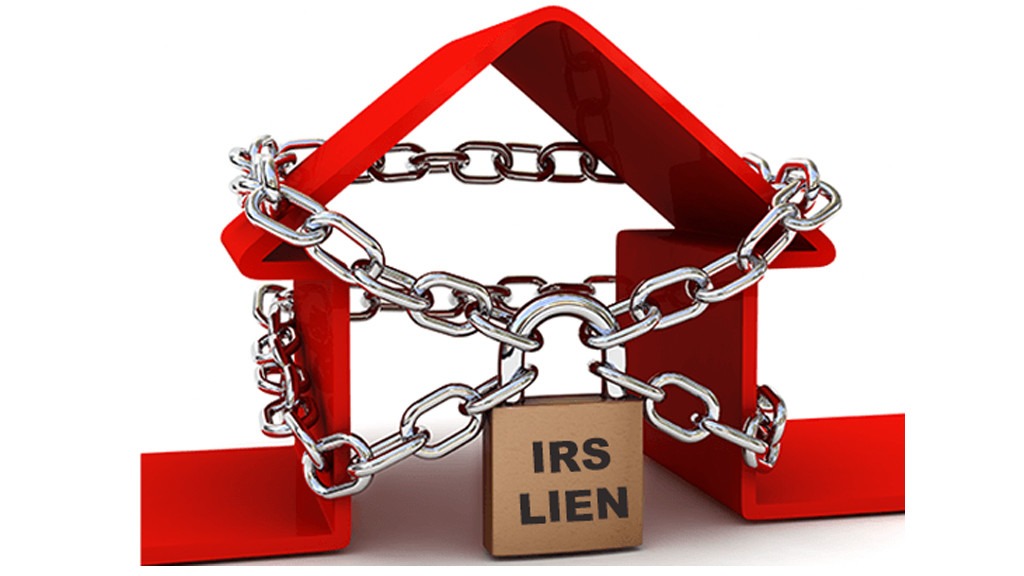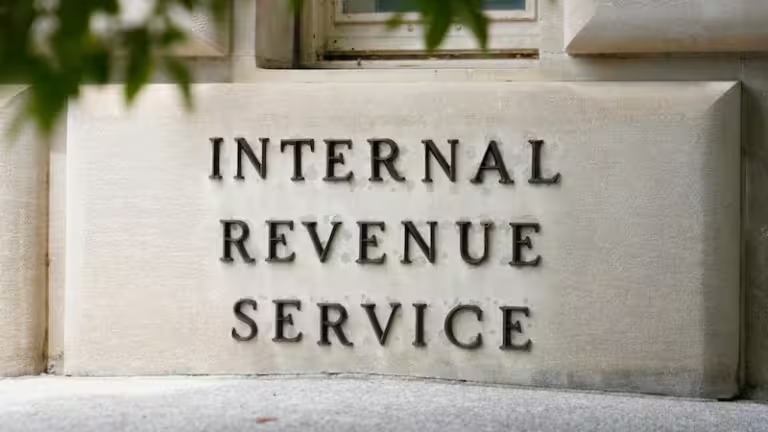IRS levies and IRS liens can cast a shadow over your financial well-being, but understanding these enforcement actions is the first step toward resolution. Let us dive into the intricacies of IRS levies and liens, explore their causes, and outline effective strategies for seeking relief.
Understanding IRS Levies and Liens:
IRS levies and liens are enforcement actions used by the IRS to collect unpaid taxes:
- Levies: An IRS levy is a legal seizure of your property to satisfy a tax debt. This could include seizing bank accounts, wages, or other assets.
- Liens: An IRS lien is a legal claim against your property to secure payment of your tax debt. Liens can affect your credit rating and ability to sell or transfer property.
Causes of IRS Levies and Liens:
IRS levies and liens are typically initiated when individuals or businesses fail to pay their taxes or neglect to respond to IRS notices. Common causes include:
- Unpaid Taxes: Failure to settle federal income taxes owed to the IRS.
- Ignoring IRS Notices: Consistently overlooking or neglecting to respond to IRS correspondence regarding tax debt.
- Back Taxes: Unfiled tax returns or unpaid taxes from previous years.
- Tax Audit Findings: Unresolved tax assessments following an IRS audit.
The Levying and Lien Process:
The IRS follows a specific process when implementing levies and liens:
- Legal Notice: You’ll receive a notice informing you of the IRS’s intent to levy or lien your property.
- Waiting Period: There’s a timeframe to address the issue before enforcement action is taken, providing an opportunity to resolve the matter.
- Enforcement: If the issue remains unresolved, the IRS may proceed with levying or liening your property.
Seeking Relief from IRS Levies and Liens:
To address IRS levies and liens effectively, consider the following strategies:
- Respond Promptly: Address IRS notices promptly and engage with the IRS to find a resolution.
- Seek Professional Assistance: Enlist the help of a qualified tax professional, such as Badran Tax, to navigate the complexities of IRS enforcement actions.
In Conclusion:
Navigating IRS levies and liens can be challenging, but with the right knowledge and guidance, individuals and businesses can find relief from tax burdens. By understanding the causes of levies and liens, responding promptly to IRS notices, and seeking professional assistance when needed, taxpayers can overcome these enforcement actions and regain financial stability.
If you’re facing IRS levies or liens, don’t hesitate to reach out to Badran Tax for expert assistance.
Our team is here to provide personalized solutions tailored to your specific needs and circumstances.
Let’s work together to resolve your tax challenges and pave the way towards a brighter financial future.




